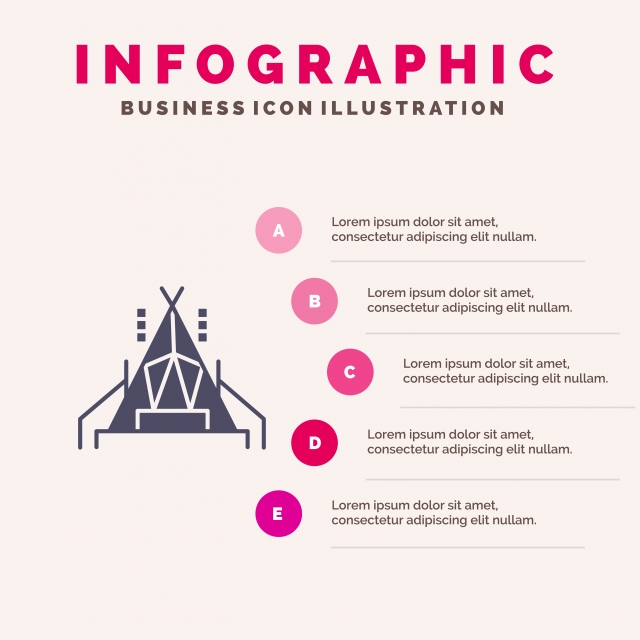A flooring is an important enhancement to a wall outdoor tents, providing protection against climate aspects and various other risks. You have numerous choices for floor covering in a wall outdoor tents, including free-floating plastic floors and sewn-in floorings.
Both choices have various benefits and disadvantages, depending upon your demands and preferences. Here's a take a look at a few of the vital differences:
Sturdiness
Commonly made of polyvinyl chloride (PVC), vinyl is a stringent textile that can address heavy-duty usage and long term direct exposure to extreme atmospheres. The product is water-proof and able to stand up to abrasions and puncturing.
The thickness of the material assists with toughness and makes it harder for bugs to penetrate with the floor, enabling air blood circulation and much less pest problem. In addition, a floor liner can help safeguard the surface area of the outdoor tents from water and mud.
All White Duck Outdoors wall surface outdoors tents feature a free-floating flooring, which permits versatility and is easier to clean and bring than sewn-in floors. Nevertheless, if you plan on using your camping tent typically and want maximum security against the elements, a full or 3/4 floor is suggested.
Climate Resistant
Plastic tarps have an excellent capability to stand up to climate condition such as hefty rainfall, snow, UV rays and mold. These features make them excellent for requiring outside applications.
Canvas tarpaulins, on the other hand, are understood for their breathability. This high quality makes them appropriate for activities that involve outdoor picnics, gardening and yard work. They also offer moderate defense versus water, which makes them a good fit for scenarios entailing exterior tools sanctuaries or securing products susceptible to rusting.
Both vinyl and canvas tarpaulins can be reused, supplying a sustainable alternative to disposable items. Nevertheless, their production process needs a substantial amount of energy, which can contribute to lasting ecological damage. A free-floating floor is easy to clean and carry, yet it does not provide as much security from the aspects as a sewn-in floor.
Mildew Resistant
Using fabrics that are made or dealt with to impede mildew growth aids extend the life of outside furnishings items. Mildew infestations compromise furniture's visual appeal and weaken its architectural stability in time.
Vinyl tarpaulins have the ability to withstand mildew development as a result of their PVC structure. They are also impenetrable and can hold up to high moisture conditions without coming to be a breeding place for mildew.
On the other hand, canvas tarpaulins woven from natural cotton have a complex relationship with water. While they can handle light rain or unintended sprinkles, heavy rainstorms may present an obstacle for them. Therefore, it is a better alternative to acquire a canvas outdoor tents that includes a free-floating floor as opposed to one with a sewn-in floor. This makes the flooring much easier to eliminate, tidy and store after use.
Easy to Clean
Most outdoors tents have a vinyl flooring, which can get dirty and sticky on your bare feet. If you do not clean it regularly, it can additionally nurture mildew and mold and mildew. Some makers, like Kodiak Canvas, offer a flooring liner to maintain camping tent floorings cleaner and a lot more comfortable.
A sewn-in flooring includes complexity to wall surface outdoor tents building and enhances damage on the material. It's also tougher to cleanse and bring, making it less sensible for outside camping trips.
Maintaining business tent fabric clean and shielded can expand its life expectancy and guarantee that everyone stays secure and comfortable. Knowing the do's and do n'ts of proper cleaning can aid you stay clear of harmful your tent and causing long-term injury to the atmosphere.
Environmentally Friendly
Sailcloth tent floorings, crafted from woven all-natural fibers and sourced with sustainable approaches, command a costs in advance but incur less concealed costs in the long run. They call for less maintenance, which lowers garbage disposal requirements. Their natural structure also sustains sustainability coverage tent setup for locations and planners.
Plastic is a durable, water-resistant material suitable for several occasions and atmospheres. Its affordability and sturdy nature make it a prominent choice for occasion sanctuaries and equipment covers. Its nonporous surface prevents mildew growth and stands up to high winds, rain, and UV direct exposure.
Choosing the most effective tent flooring for your venue is an equilibrium of performance and ecological responsibility. Analyzing their materials, making footprints, lifecycle influences, and care procedures aids you select a product that satisfies your needs while preserving a healthy world.
